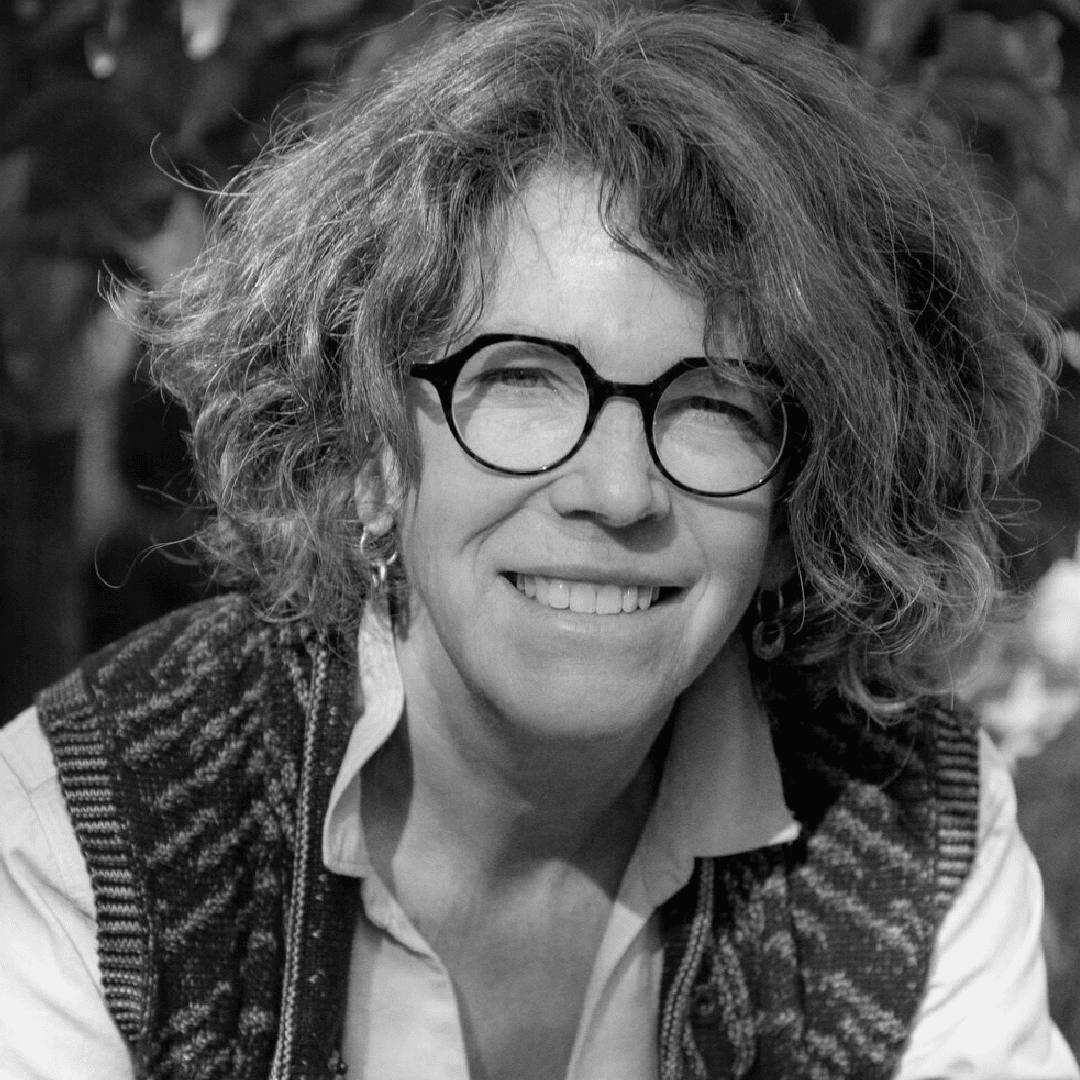Featured Interview


Dr. Lurhmann, professor and psychological anthropologist at Stanford University, begins our conversation defining the term culture. She answers the question: What are the patterns of culture that inform how we should think and behave, and what happens when our individuality and the culture are at odds? Dr. Lurhmann is interested in the power of the mind and how certain aspects of the imagination and one’s intentions inform their experience of the world. She posits that our emotions – the inner world of an individual – can influence the experience of the outer world. We discuss the underlying social and relational structures of various cultures and how these universal patterns reflect for all of us hidden and inner aspects of each of us. Dr. Lurhmann is interested in the power of our human experience. We explore her early work with witchcraft in England as an entry into her current work as presented in her book, When God Talks Back, wherein she engages an evangelical Christian community to understand their relationship with God. She notes that throughout the book, she is trying to figure out how Jesus becomes a relatable person for those practitioners who seek a personal relationship with the divine. We discuss the formation of modern Christianity in the west and explore the changing definition of the term belief – obviously, how we define this term has a massive influence on our modern notion of religion. One particular aspect of the evangelical community that Dr. Lurhmann is interested in is the practice of prayer as an active experience, wherein the individual acts “as if” God is present – this has reportable and noticeable consequences for the individual and the community at large.